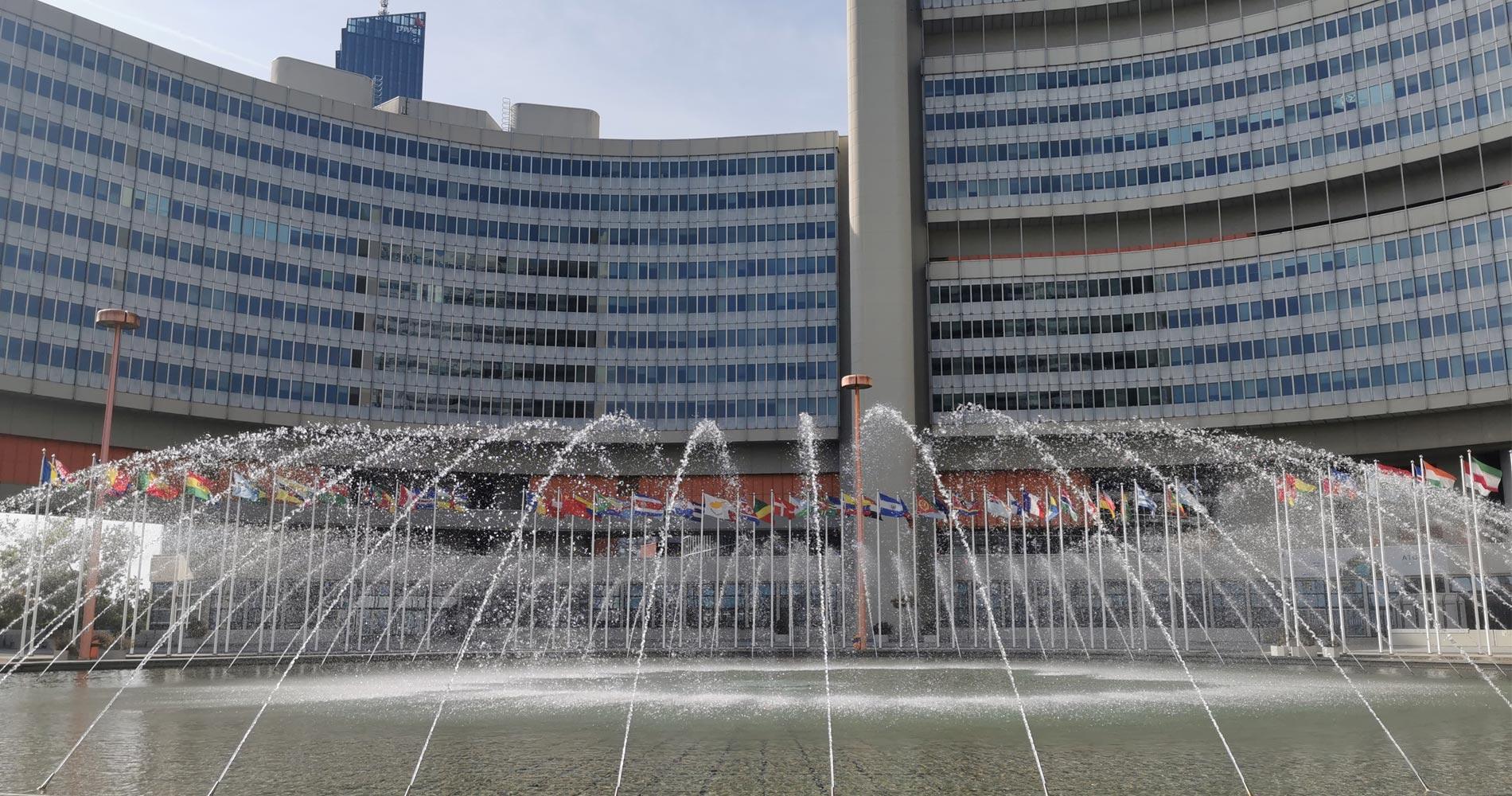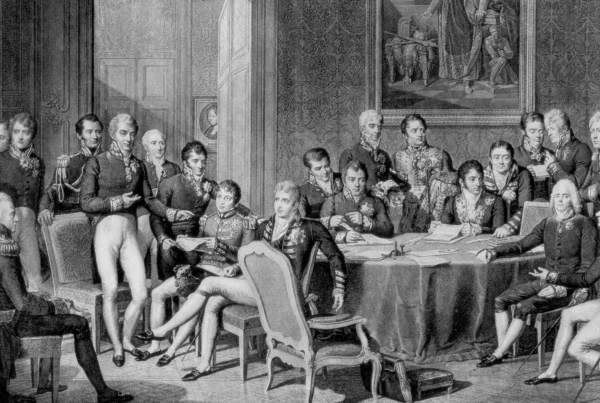Covid, global warming, wars in the Middle East and Ukraine, waves of migration and internally displaced persons are shaping the world we live in. Professor Markus Kornprobst discusses how customary diplomacy must evolve to meet these new challenges. He argues for a new concept of diplomacy, which should involve a network of multiple stakeholders and interests. Stakeholders include state and non-state actors.
Markus Kornprobst, 3 November 2023
German version
In the 21st century, many conflicts have escalated into wars affecting many parts of the world, including Africa, Europe and the Middle East. Devastating wars in Sudan, between Russia and Ukraine as well as between Hamas and Israel speak volumes about such escalations. Global economic flows get disrupted. This has many negative implications that make themselves felt in the everyday lives of people. Inflation is a case in point. The number of refugees and internally displaced persons continue to increase. We have just escaped the corona pandemic but it is very unclear whether we are prepared for the next pandemic. Global environmental challenges become more and more daunting but, again, there is very little concerted and determined international action to address them adequately. It is not a surprise that all these crises have given rise to a number of neologisms: ‘permacrisis’, for instance, emphasizes that these crises are long-term – de-escalation does not come easy; and ‘polycrisis’ stresses that there is not just one crisis but several interconnected ones.
Diplomacy deals with finding solutions to international problems. However, diplomacy now struggles to find adequate responses, as, all too often, it comes all too close to two ill-suited ideal types: domestic diplomacy and customary diplomacy.
The former reduces diplomacy to a vehicle for generating support from constituents domestically. Heads of government sideline career diplomats and even entire foreign ministries, blast their messages on social media and, while doing so, carefully follow public opinion polls at home. For domestic diplomacy, the primary goal is not to pursue national interests but to reassure voters – often with empty words rather than deeds – that the government stands up for their particular interests.
This kind of diplomacy is not only ineffective for addressing today’s international challenges, but makes things even worse. Hawks from different countries feed on one another. Instead of sitting down at a negotiation table, diplomacy escalates into a war of words, meant for domestic consumption.
Customary diplomacy relies on long-established routines and reflexes. A state’s diplomacy is bureaucratically carved up into many pigeonholes, most importantly different functional and regional areas of world affairs. Within a foreign ministry, there are units dealing with certain issues, for instance arms control and international trade. Most other ministries, including finance, economics, health, environment and so on, also address international agendas. Within a foreign ministry, there are units dealing with certain (groups of) states. Other state bureaucracies, such as offices of prime ministers and chancelleries, also work with such groups of states. In many EU states, for example, it is primarily these bureaucracies close to heads of government that deal with EU affairs.
Customary diplomacy is good at dividing work up, it is not very good at putting it back together again. This is a real problem, especially at present since customary diplomacy is ill-equipped to deal with interdependent crises, because this interdependence does not correspond to the bureaucratic pigeon holes. Another problem of this type of diplomacy is that it strongly focuses on interstate relations. It is as natural for customary diplomacy to reach out to state actors as it is unnatural to it to link up with non-state actors. The latter, however, are becoming more and more important. Customary diplomacy has evolved over many, many decades, and is the prevalent type of diplomacy today. But it is far from clear whether it can meet today’s demands on diplomacy.
What then? While our present world requires a kind of diplomacy that searches for input beyond interstate relations, this new diplomacy should nonetheless have a consistent output, situate itself well in a broad network, and communicate through a network which goes beyond state actors.
Ideas which more broadly address multiple international crises to reinvent and stabilize the international order can hardly be produced by diplomatic routines. It is important to open up channels of communication to include multiple stakeholders and experts. One example: leap-frogging technological progress can offer many opportunities, but to grasp these, it is important to broaden diplomacy and seek exchanges with tech-companies, activists and experts. Within foreign ministries and among other state institutions addressing foreign policy, links across and beyond the bureaucratic division of labor should be strengthened.
This requires and leads to a broad network of actors. In the 21st century diplomacy should position itself centrally in such a network, pro-actively working to become a node in this network. Innovative ideas and working with other state and non-state actors to spread and support these ideas offers opportunities to find solutions to the problems of the 21st century. Innovation transforms diplomacy and no actor can achieve this by itself. It is a joint endeavour.
Moving towards a “co-transformative” diplomacy will not be easy and will not necessarily provide the solution to all problems. Yet it offers a new set of tools better suited to address today’s challenges.






